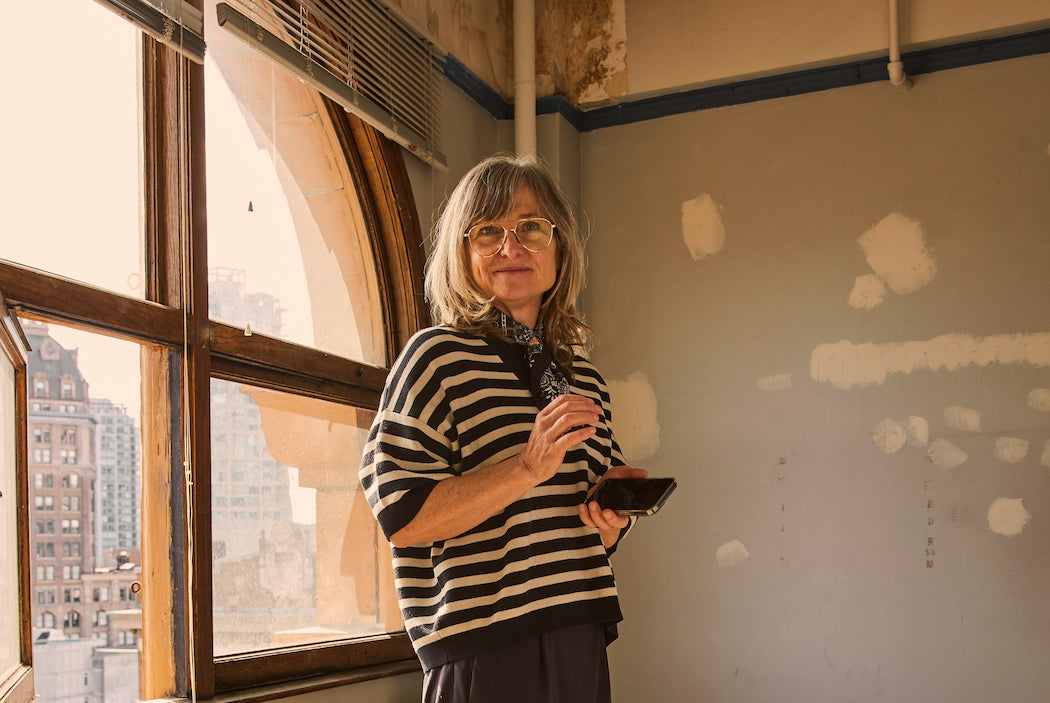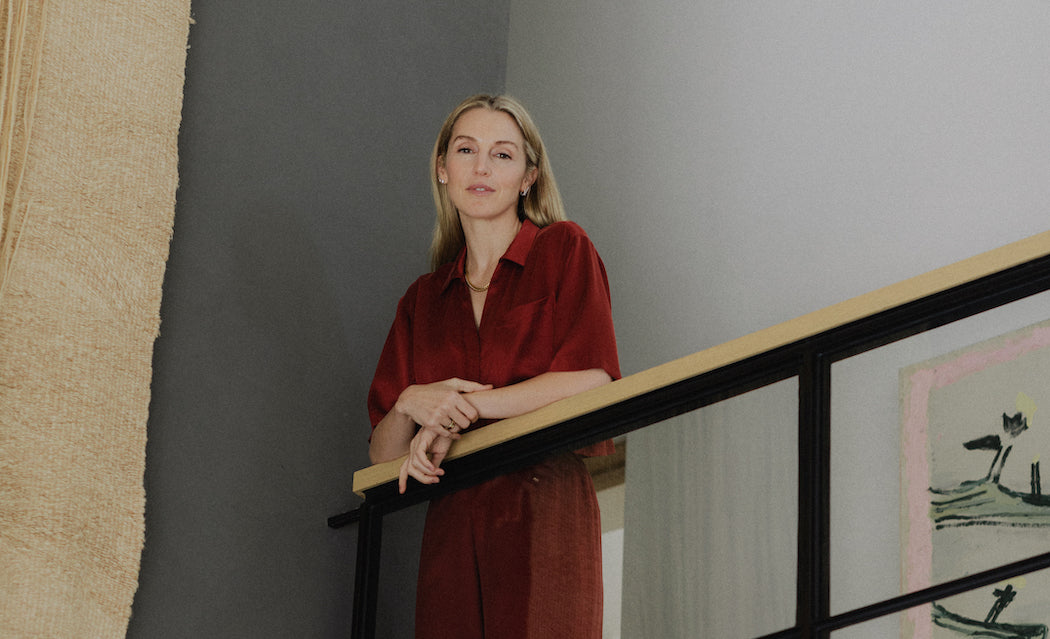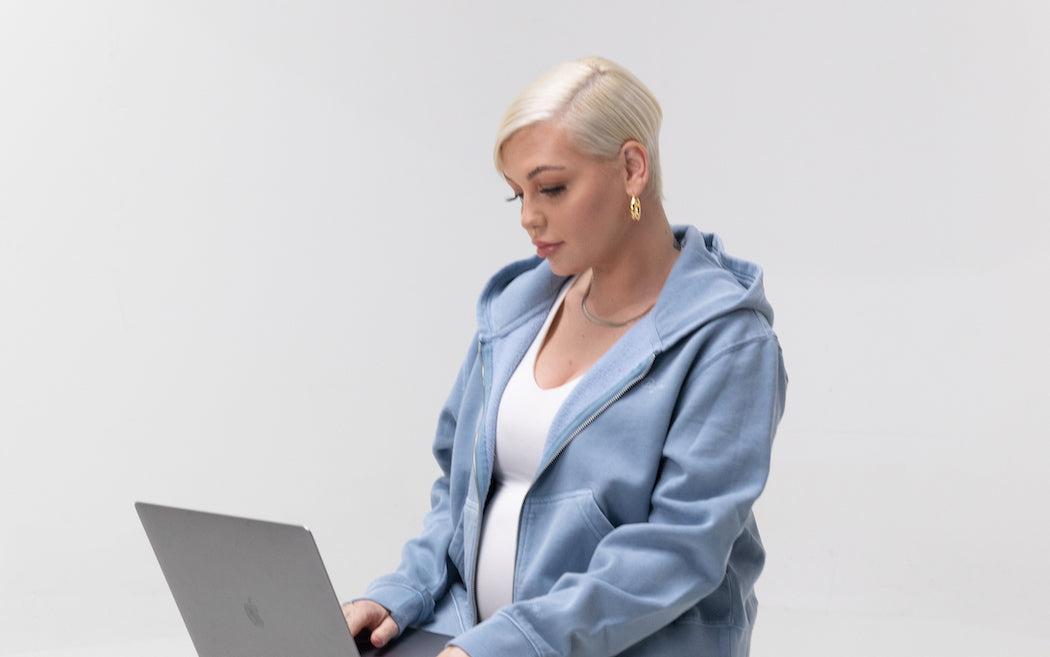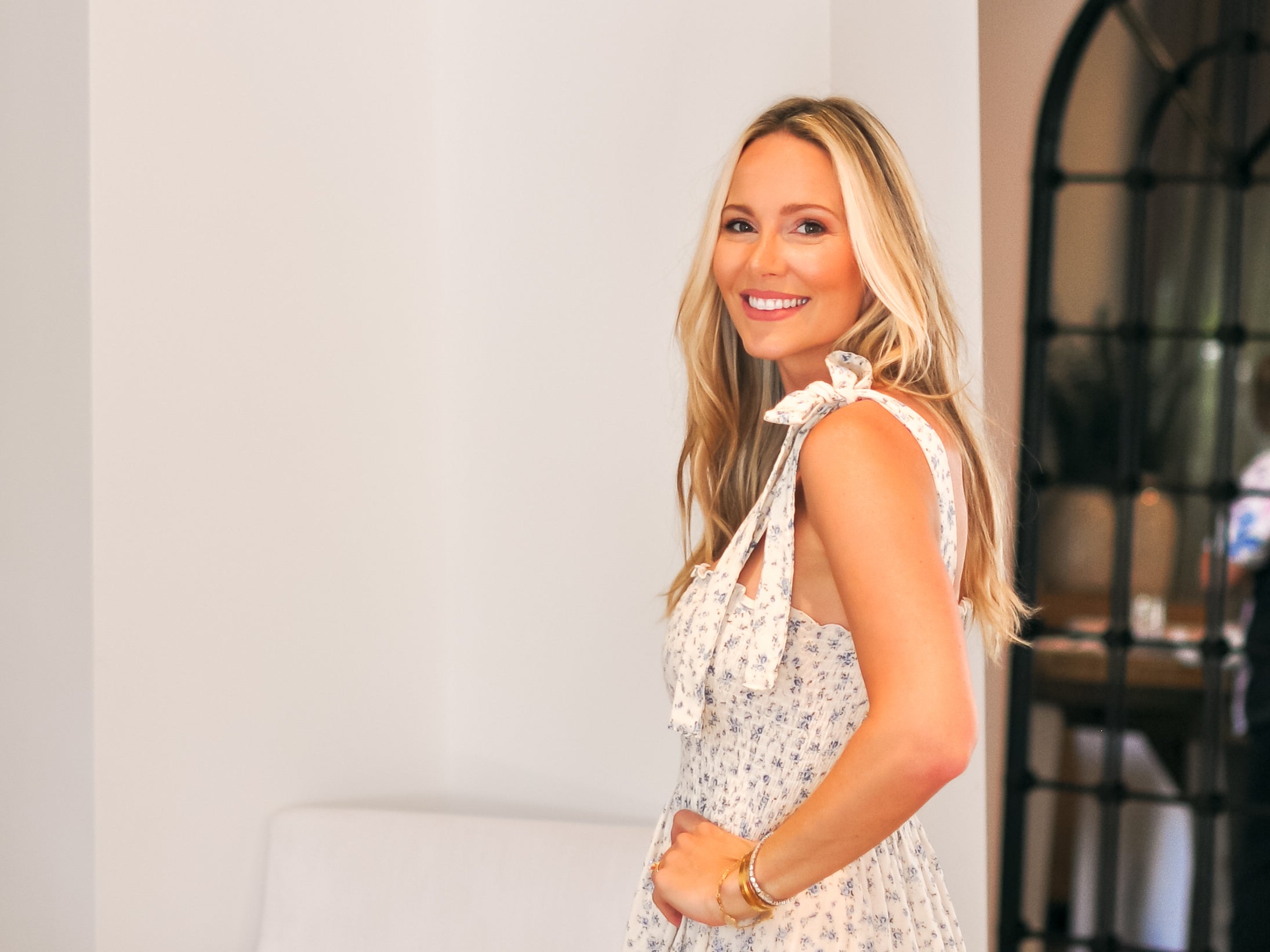On the eighth season of The Real Housewives of New York, everyone could see that Countess Luann de Lesseps’s marriage to Tom D’Agostino was doomed from the very beginning.
D’Agostino, a well-known party boy and philanderer, was caught on camera cheating, lying, and being an all-around skeeze. Every cast member had a new piece of dirt on D’Agostino, but de Lesseps wouldn’t heed their warnings. She was willing to give up everything—her countess title, her independence, and ultimately, her wellbeing—to marry a man who offered her nothing. For de Lesseps, it was her ultimate love story. For the audience, tuning into the show meant watching a real-life tragicomedy unfold. The marriage lasted seven months. A few months later, on what would have been their first wedding anniversary, de Lesseps went to Palm Beach hoping to run into him. Instead she got drunk and arrested.
What did the cameras see that de Lesseps didn’t? Why was she unable to recognize her worth? What made her unwilling to leave her fantasy? To see her imaginary man for who he really was? It was, in part, her narrative.
Heartbreak expert Amy Chan’s newly-released book, Breakup Bootcamp, begins with the importance of storytelling. More specifically, the stories we tell ourselves. The teachings and exercises in the book are gleaned from Chan’s wildly successful Renew Breakup Bootcamp: a spiritually-guided weekend retreat in upstate New York for women who can’t quite get over it on their own.
The stories we tell ourselves generate emotions—anger, hurt, sadness—and these emotions often come with temporary psychological comfort. “It can become an addiction. We get addicted to feeling these emotions,” says Chan via video call—exuding wisdom, lit from behind like a holy card. “When a breakup is an explosion, the pain increases to a point where a person says, ‘This is too much, I have to change now.’”
Breakup Bootcamp synthesizes Chan’s holistic approach with stories from the women who have participated in her retreat. As at Renew, in her book Chan brings in teachings from experts in a variety of intersecting fields such as psychology, neurology, spirituality, and kink. Coupled with the personal stories of women who have suffered and healed from heartbreak (including Chan herself), she leads with compassion, allowing readers to identify the emotional traps we sometimes set for ourselves.
One of the shiniest, sharpest traps we fall into: the blame game. “I think it’s really easy to cast the blame in the wrong areas, and when we do that we really miss out on the opportunity to grow and learn from it,” Chan explains. “This happens when we pathologize people—narcissists, sociopaths. That’s really trendy right now.” Re-writing the narrative and letting go of who was “wrong” or who was “right” sometimes means telling a new story, from a new perspective.
To get up high enough to be able to do this work, Chan presents an exercise: look at three of your last romantic relationships or infatuations and log 10 emotions felt in each one. “When you do that, you remove the blame and you see there is an emotional experience repeating. There’s a pattern,” she says. “That gives you a starting point: where did this come from and how can [you] begin to shift that?”
While Chan’s work focuses on the experience of heterosexual women, much of the book can also be applied to heterosexual men and queer individuals. Chan explores how the rigidity of gender roles plays a toxic role in relationships, often creating base beliefs that can be difficult to shake. And there remains a glaring binary inequality in the healing process: womxn taking on the labor of healing, self-care, and self-improvement, while men often do not.
But Chan has seen some men entering the dialogue more recently. “I’m really pleasantly surprised that I’m seeing a lot of men coming through right now, a lot of male readers. I always knew you could flip it around. It’s not just for women, not at all,” she says. She adds with a laugh, “Eventually, I’m going to start a bootcamp for men, because we’re going to have all these woke women—and who are they going to date?”
Breakup Bootcamp doesn’t order you to get over it. Instead, Chan asks you to review and edit your own story—to look at the reels played over and over in your head and ask what you might not be seeing. Moments of joy, love, support, and growth, interwoven with hardship and heartache. To see the parts of your love, your story, that were left on the cutting room floor.












